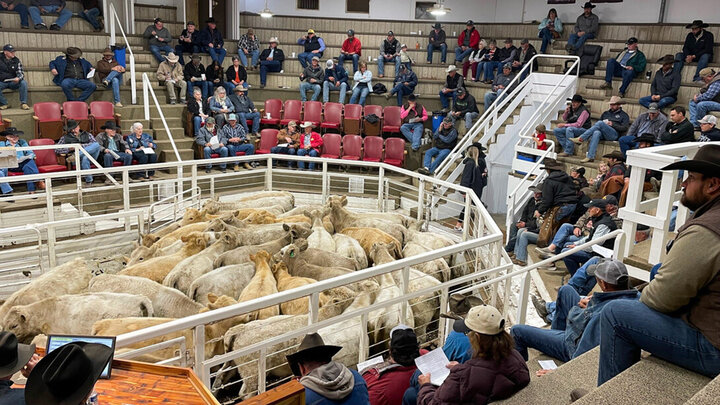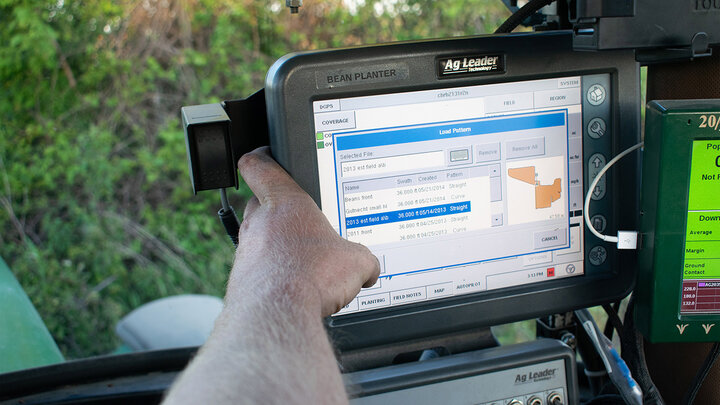In my work with agricultural families, I’m seeing a growing and difficult reality: many farms and ranches today don’t have a successor within the family. While this absence can simplify parts of estate planning, it often creates deeper, more emotional challenges, especially when legacy and identity are tied to the land.
This article is the eighth in a series supporting farm and ranch owners facing this transition. If you're just joining, I recommend reading the earlier pieces at cap.unl.edu for helpful background.
In the first article, I encouraged you to think differently about your legacy. It doesn’t have to end with your family. Helping someone outside the family doesn’t mean shortchanging your heirs. Often, this means creating an agreement that allows someone, like an employee, tenant, or neighbor, to buy assets from your heirs, trust, or company. As discussed in the previous article, using an option to buy agreement can unintentionally force your heirs to sell property, which may not be your intent. Instead, you might prefer to offer someone the chance to buy only if your heirs choose to sell. These types of arrangements are known as preemptive rights, and they come in two main forms: Right of First Offer and Right of First Refusal. This article explores both in more detail.
A Right of First Offer gives someone the first opportunity to purchase the property if the owner decides to sell. There are two common ways this can be structured: either the owner initiates the offer to the holder, or the holder makes the first offer to the owner. If the holder makes an offer that the owner considers too low, the owner is free to pursue a sale on the open market. However, a typical condition of the agreement is that the property cannot be sold to a third party for less than the holder’s offer.
A Right of First Refusal gives someone the right to match any third-party offer before the sale is finalized. This right must be disclosed during a sale or auction, and it may discourage buyers, potentially lowering the sale price.
It should be noted that someone can hold both the Right of First Offer and the Right of First Refusal, giving them two chances to buy the property.
Right of First Offer and Right of First Refusal agreements are different from option to buy agreements, because they do not force the sale, and the price is not defined within the agreement. As discussed in the previous article, the agreement will still outline who can hold the right, a description of the property, the timeframe, when the agreement applies, and how the agreement will be funded. neither a Right of First Offer nor Right of First Refusal guarantees the holder the property. These agreements only create opportunities for the holder.
Where do these agreements come into play? It depends on what other estate and transition tools (wills, trusts, companies, etc.) you are using. I implore you to have a professionally drafted agreement, and review
it with your heirs. Make sure the holder knows how to exercise their rights to comply with the terms. Additionally, if this agreement is for real estate, it should be recorded with the county register of deeds.
While these agreements can be useful, they can come with additional challenges. First, if there is a delay between your death and when the property actually sells, your heirs will need to have the resources to maintain the property. The cost of property taxes, insurance, irrigation maintenance, etc. should not be taken lightly. Moreover, your heirs need to have the business acumen to be able to manage the property. It should be your top priority to make sure they are prepared for this role. If no one is prepared for this responsibility, consider the use of a farm management company.
When there’s no family successor, your legacy can still live on through thoughtful planning. Tools like these allow you to support someone else in farming or ranching while providing an opportunity for your heirs to receive an inheritance.
Other articles in this series
Navigating Farm Succession Without a Family Heir
- Part 1: Embracing Change and Coping with Loss
- Part 2: The Question
- Part 3: Advisory Team
- Part 4: Everyone Needs These Documents
- Part 5: 7 Common Concerns
- Part 6: Leasing Land to Non-Related Parties
- Part 7: Option-to-Buy Agreements with Non-Related Parties
- Part 8: Right of First Offer and Right of First Refusal (this article)
- Part 9: Selling Assets During Life




